A federal judge in Newark ruled Monday that the Metropolitan Transportation Authority (MTA) can move forward with its $9 congestion toll starting Sunday, January 5, despite objections from New Jersey officials.
U.S. District Judge Leo Gordon’s 72-page decision overwhelmingly sided with the MTA and the U.S. Department of Transportation, dismissing New Jersey’s effort to block the first-in-the-nation congestion pricing plan. However, Gordon acknowledged environmental concerns affecting New Jersey communities, ordering further review and raising questions about the fairness of the program’s rollout.
While the ruling stopped short of issuing an injunction, allowing toll collection to proceed as scheduled, it highlighted discrepancies in how mitigation funds were distributed. The Bronx received specific environmental investments to offset potential impacts, but no similar measures were allocated for New Jersey.
MTA Chairman Janno Lieber celebrated the ruling, calling it a green light to begin charging drivers entering Manhattan south of 60th Street. “The decision does not interfere with the program’s scheduled implementation this coming Sunday,” Lieber said.
Gov. Kathy Hochul also praised the outcome, calling it a victory for commuters. “Despite New Jersey’s best efforts to derail our ability to reduce congestion and invest in public transit, the court sided with us on nearly every issue,” Hochul said. She pointed to the reduction of the toll from the initial $15 proposal to $9, calling it a “massive win” for the region.
But across the Hudson, New Jersey Gov. Phil Murphy painted a different picture.
“Because of New Jersey’s litigation, the judge has ordered a remand, and the MTA therefore cannot proceed with implementing the current congestion pricing proposal on January 5, 2025,” Murphy insisted, suggesting that further legal battles could delay or reshape the program.
Judge Gordon highlighted a glaring issue in the congestion pricing plan – the disparity in how environmental mitigation was handled. The MTA set aside $15 million to replace diesel-powered units at the Hunts Point Produce Market in the Bronx, $20 million for an asthma care center, and $10 million to install air filtration in Bronx schools near highways.
New Jersey, however, received no equivalent investments, despite the likelihood of increased pollution and traffic diversion. Gordon criticized the Federal Highway Administration (FHWA) and the MTA for this imbalance, calling their approach “arbitrary and capricious.”
“The FHWA and Project Sponsors provided precise monetary relief for New York while offering no minimum measures for New Jersey’s potentially impacted areas,” Gordon wrote.
The FHWA has until January 17 to address the judge’s concerns and provide additional environmental mitigation measures.
(YWN World Headquarters – NYC)

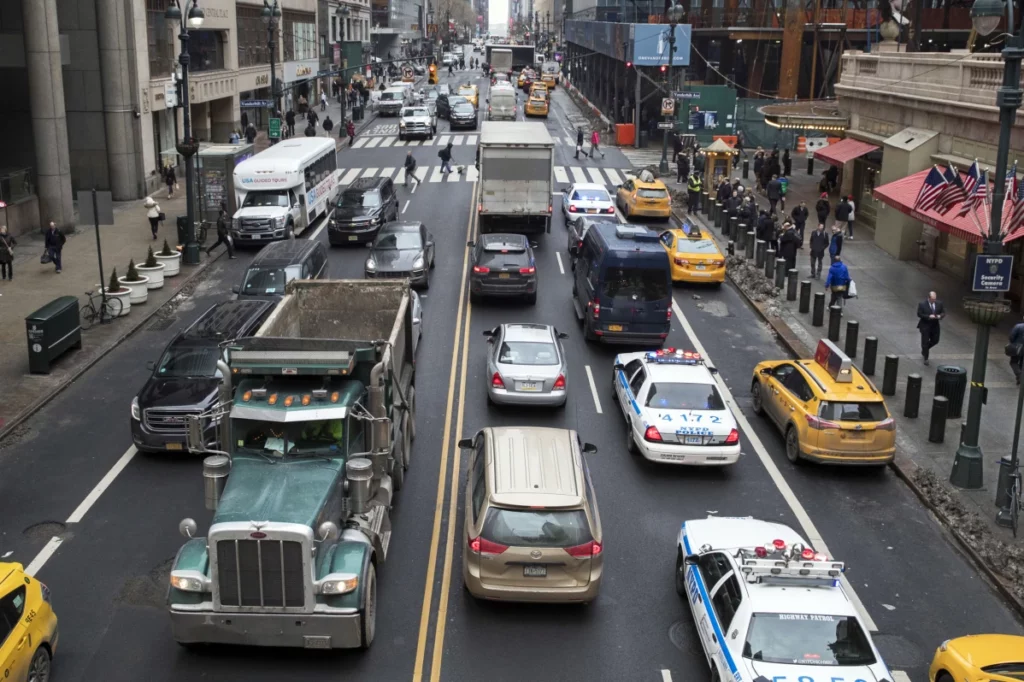


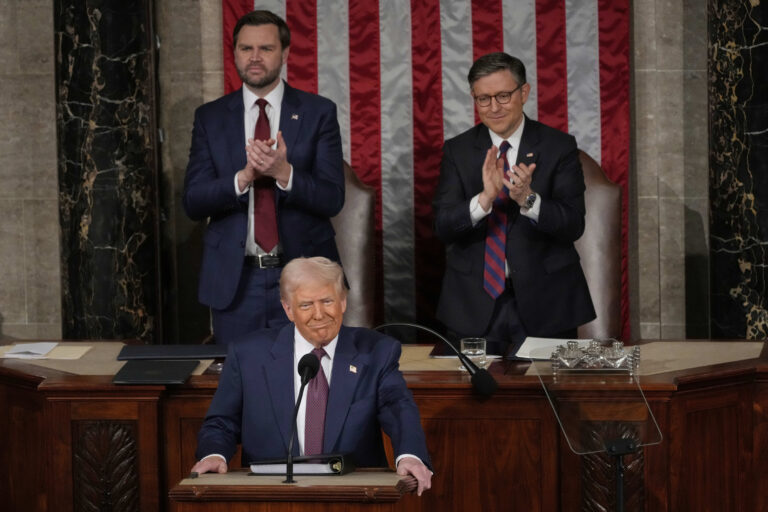
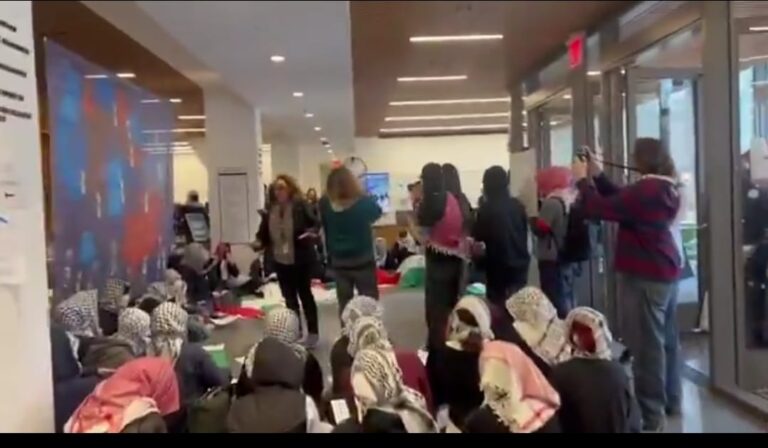
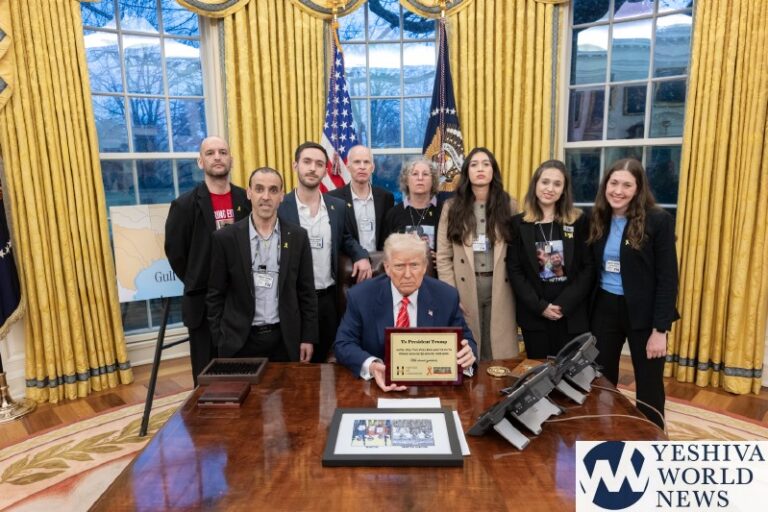

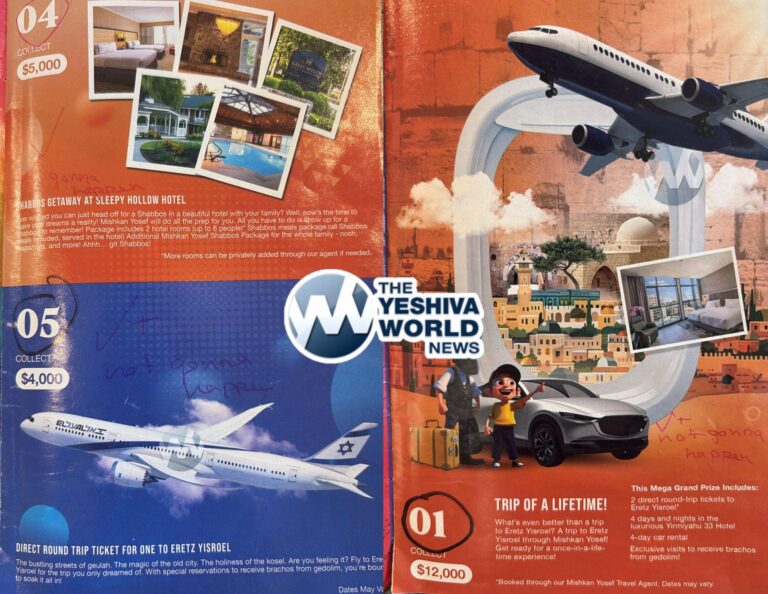
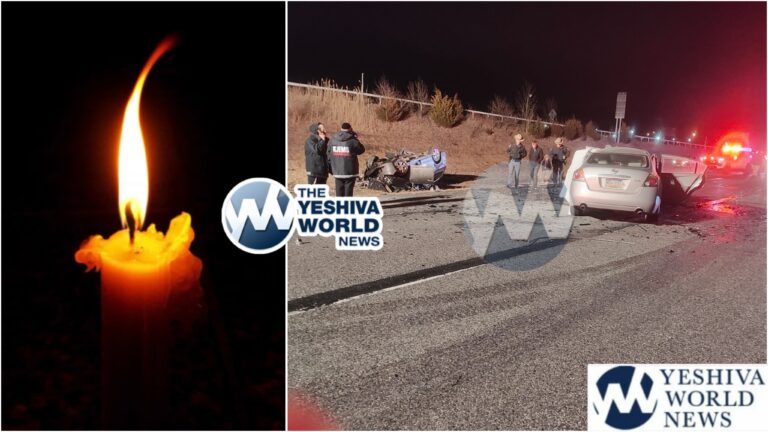


One Response
How generous of her !!!!!